Harare, capital of Zimbabwe, has a problem with water supply. Often unavailable, and grossly polluted, it costs millions of dollars a year to treat. Yet, Harare, nestled within a natural wetland has the gift of nature of easy access to plentiful and clean water – as long the source area is protected.
Walking on wetlands near the Central Business District two weeks ago was a reminder that the value of, and the threat to wetlands, is an everyday occurrence. Alas, city development puts increasing pressure on the remaining wetlands that circle the city and lie alongside an expanding suburbia.
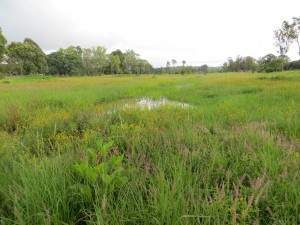 Because the wetlands are seasonal, and dry in the winter, some economic interests even dispute their definition as wetlands. But, the reality is that Harare’s water crisis is by and large a self-made one. Local organizations work hard to improve understanding that by working with the wetlands as part of nature’s natural capital, they can help the city provide its much needed sustainable water supply (see our feature here)
Because the wetlands are seasonal, and dry in the winter, some economic interests even dispute their definition as wetlands. But, the reality is that Harare’s water crisis is by and large a self-made one. Local organizations work hard to improve understanding that by working with the wetlands as part of nature’s natural capital, they can help the city provide its much needed sustainable water supply (see our feature here)
The bit-by-bit erosion of wetlands that serve Harare so well, is a common global story. The piecemeal fragmentation of wetlands is ongoing, a little here and a little there, driven by multiple pressures and insufficient understanding of how wetlands can be part of the solution to sustainable water supply, flood relief, mitigation to climate change, and a host of other services.
Despite all the jobs and other vital benefits that wetlands provide, 64% of the world’s wetlands have disappeared since 1900. The wetlands that still remain are often so degraded that the people who directly rely on wetlands for their living – often the very poor – are driven into even deeper poverty. In addition, by 2025, it is estimated that 35% of people will directly face declining water supplies. This is the result of a point of view that still mistakenly sees wetlands as wasteland.
Today, the World Wetlands Day 2016, celebrated “Wetlands for our Future: Sustainable Livelihoods”. As in previous years, partners organized events on the day to raise awareness for the importance of wetlands, some of which we will share here on the website and in the community to inspire future events.
After all, every day is a wetlands day for people depending on them for their livelihoods.



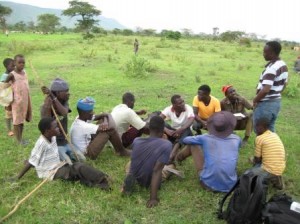

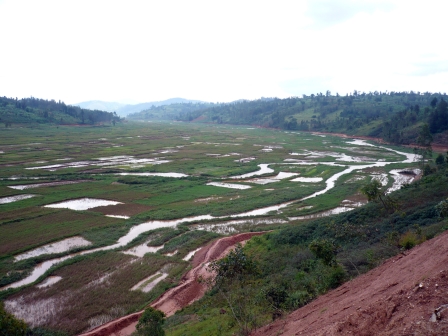
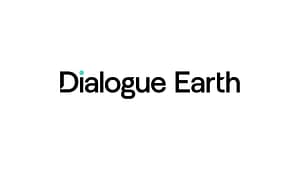 Women in Mandla, Madhya Pradesh are becoming leaders of their homestead farms.
Women in Mandla, Madhya Pradesh are becoming leaders of their homestead farms. Mark Smith, IWMI's director general shares insights on how governments can plan and implement policies to manage future water risks in food systems.
Mark Smith, IWMI's director general shares insights on how governments can plan and implement policies to manage future water risks in food systems.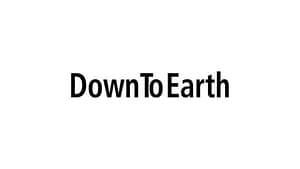 Alok Sikka and Giriraj Amarnath reflect on how, through partnerships with institutions like IWMI, Bharat-VISTAAR can evolve from a data platform into a decision-ready public good.
Alok Sikka and Giriraj Amarnath reflect on how, through partnerships with institutions like IWMI, Bharat-VISTAAR can evolve from a data platform into a decision-ready public good. IWMI's Muhammad Ashraf shares expert insight on sustainable groundwater management to address Balochistan's water crisis.
IWMI's Muhammad Ashraf shares expert insight on sustainable groundwater management to address Balochistan's water crisis. Through CGIAR’s AI Hub, IWMI researchers lend expertise to a global push to apply AI in agriculture and water resilience.
Through CGIAR’s AI Hub, IWMI researchers lend expertise to a global push to apply AI in agriculture and water resilience.